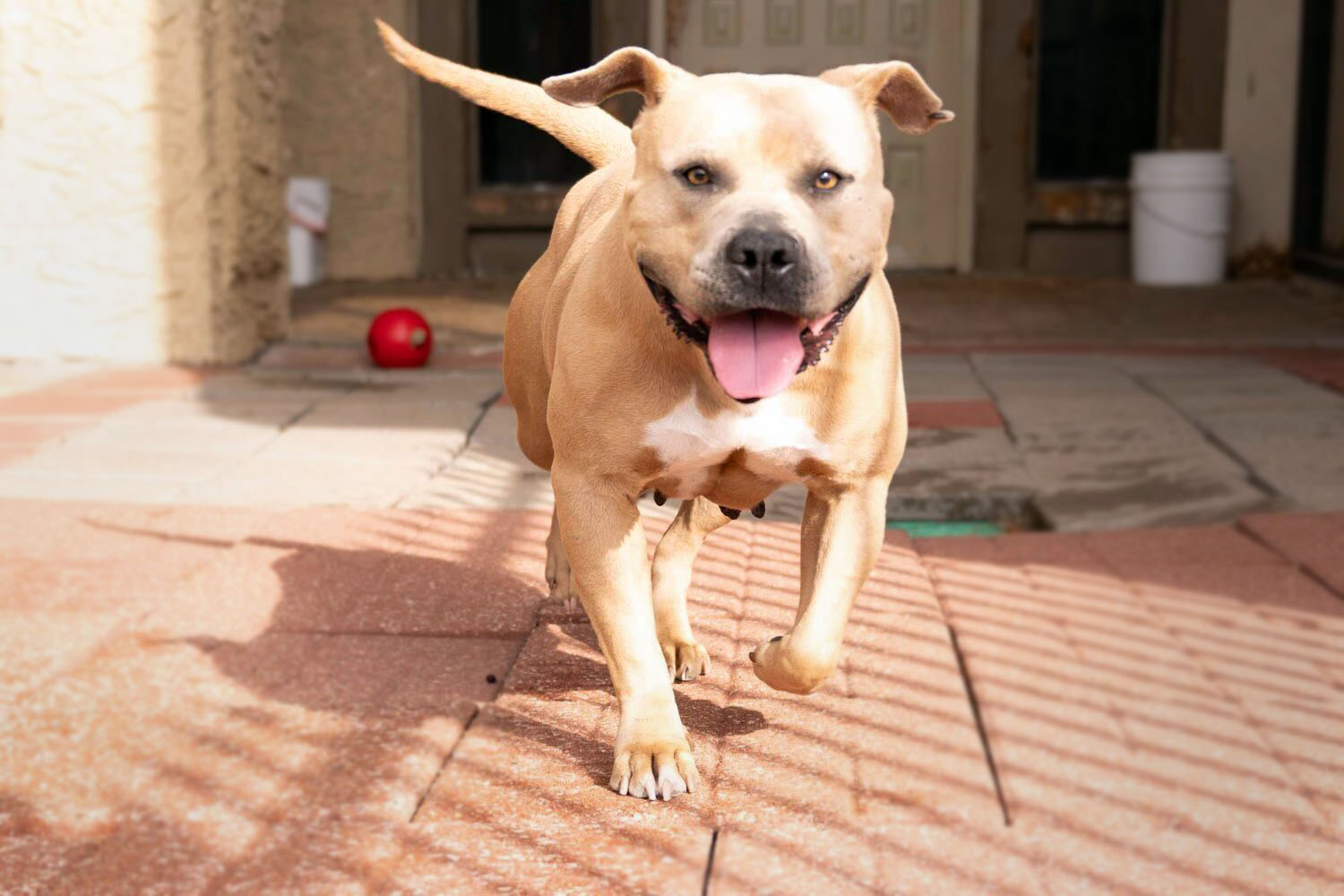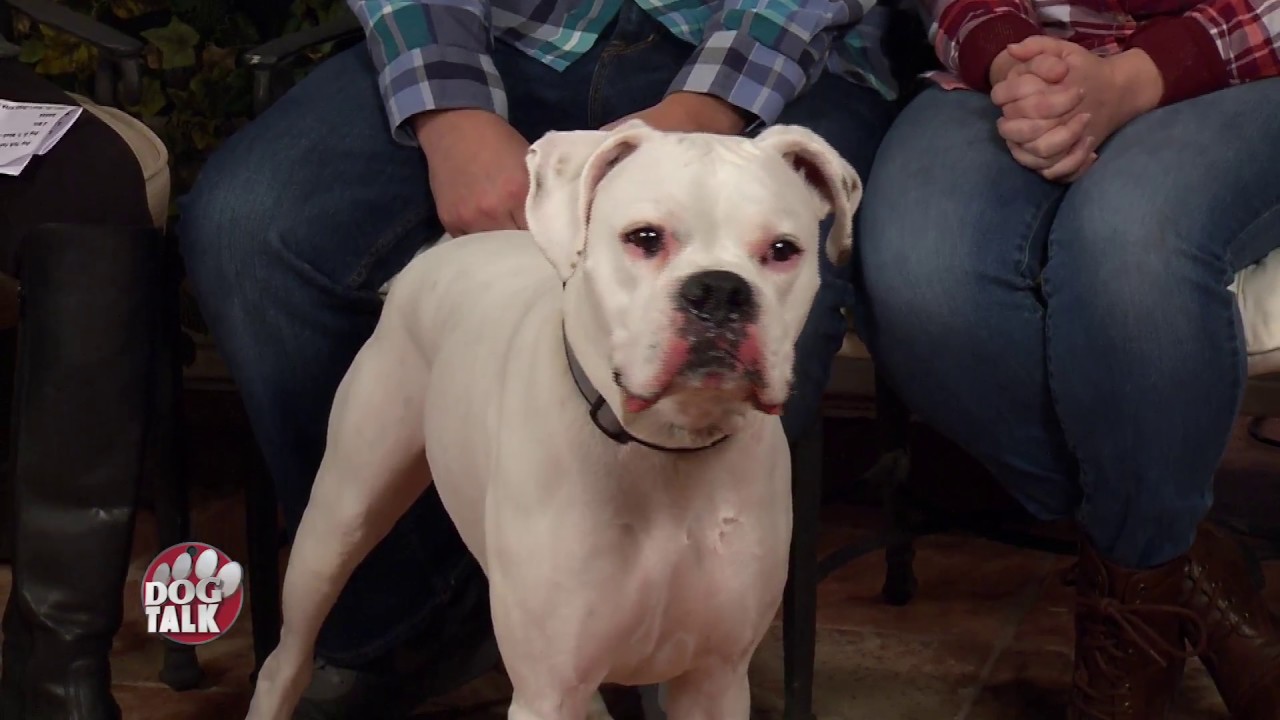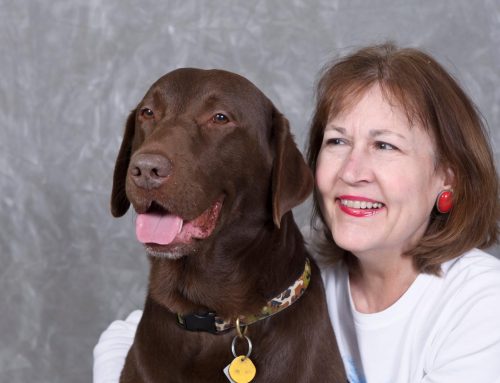If you raise a Dog at eight weeks of age or so, And you got him or her from a reputable breeder,
you’ll have control of that pup’s mind and his or her physical health. Your Dog’s future depends
on the way you manage his or her early life.
I’ve always said that each of us is our Pet’s Basic Trainer. Every time you interact with your
Dogs you teach them something about YOU—Themselves—and the World around them. Your
Dog’s personality, His or Her ability for impulse Control—and social skills—all will begin through
your efforts. If you’re consistent raising your Pet through kindness and care—you’ll have
a great chance for living with a happy, healthy, loving companion.
As a wise philosopher once said-“We are a part of all whom we have met.”
That being said—let’s talk about what to expect if YOU didn’t raise the Dog you just
brought into your family. What do you know about this little guy’s past life? How he was raised—what
kinds of tramatic negative experiences he may have had which will influence his behavior?
There is most of the time this “X Factor” for the majority of the Dogs adopted from
rescues and Shelters.
Statistically—eight million Dogs and Cats In this Country enter shelters each year. About ¾ % are Dogs. Better than ½ % of which will die there. The lucky few will be adopted by folks like you and me.
Do we ever wonder why they are there? Let’s think about that. Let’s ask ourselves a few
questions: Did they escape their home environment and couldn’t find their way back? Were they brought to the shelter by their owners? For what reason? Were they Puppies born and not wanted? (Those owners need to have ‘Spay And Neuter’ tattooed on each hand!) Were they Dogs who became Aggressive? What was that about?
Have you ever wished that they could tell you the story of their lives? We basically know what they are subjected to when they’re picked up—or owner-surrendered. They’re introduced to the local Pet Penal system. What they endure is a pretty stressful—The routine goes like this: Examination—Injection–Castration–Incarceration. Sound like fun?
Those of us who work hard advocating for Pet Adoptions give these little critters cute
Catchy names—We lie sometimes about their DNA—and Always try to comfort and socialize
them with People and other Dogs while in the Shelter or Rescue to help their chances for
Re-homing. It’s pretty amazing that some of these sweet Dogs can hide their anxieties—set aside their Fears—and cooperate with the folks handling them as agents of their future. These Dogs who
can more easily adapt are best qualified to re-enter society And find loving homes.
Still—there is a mysterious similarity to the behavior of all adopted Dogs. Are you aware of
it? Do you see it –or sense it? Let me give you a few examples—-do these sound familiar?
Your new little guy—jumping around happily– then as you accidentally drop a jar lid to the floor or call out loudly to one of your kids—he flattens his ears—and runs—or throws himself down in a
submissive position. Or– he runs to hide behind something as you correct one of your other dogs.
Or–Sadly you discover that your adoptee has never had a Toy. Or—hearing him moan and whine is his sleep. (Oh yes. Research Science tells us that they do dream!) I could go on and on listing the symptoms of Dogs experiencing recall of some traumatic issue. Some symptoms are very subtle—but very distinct and discernable to those of us who for years have volunteered and fostered. A Dog’s behavior flows from three main sources: Desire—Emotion—and Knowledge. Dogs are born with open minds. As they grow, and experience life—they learn. We as care givers need to be reminded of the responsibility of Dog ownership—whether we raise them—or adopt them.
I have a few tips for those adopters who didn’t realize the necessity of having a plan when the new kid joins the family.
1. Try to communicate effectively with your new Dog through gentleness of tone of voice—and
physical actions.
2. Allow him or her to adapt to the family routine as slowly as he or she finds necessary.
3. Give him or her a chance to build confidence by rewarding a small treat for training
accomplishments.
4. Give your newbee as much interactive exercise as he or she wants.
I promise you there would be far fewer ‘returns’ if adoptees would consider the new family addition a ‘project’. Folks need to have patience—and understand that these Dogs need to regain the ability to trust! The other option to solving the problem of Your Dog’s ‘History Mystery’ is to write a fictional background about his or her life. I guarantee It will help you understand why your Dog is so darn grateful to you—and shows it daily! I wrote some History Mysteries about my Dogs—Go to patbeckerbooks.com You can do it too– try it! It is by the way—Great therapy!
Many Hugs!
Pat Becker
See ya on Dog Talk Tv!






